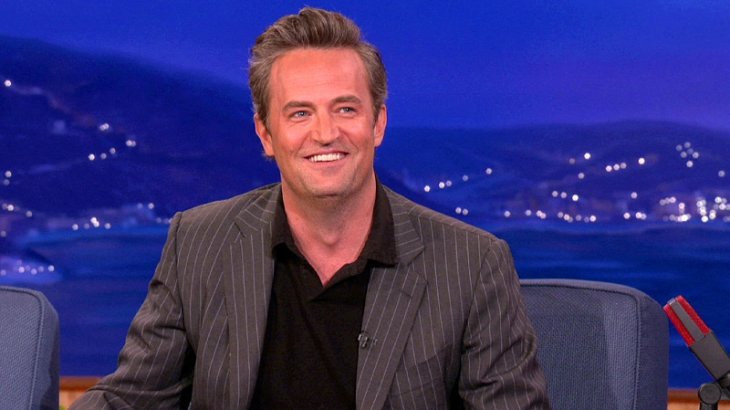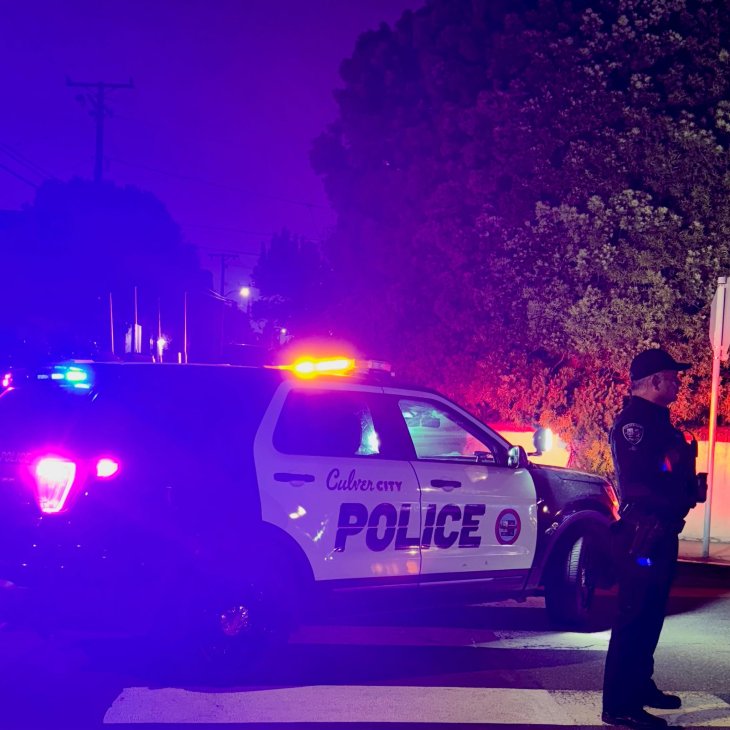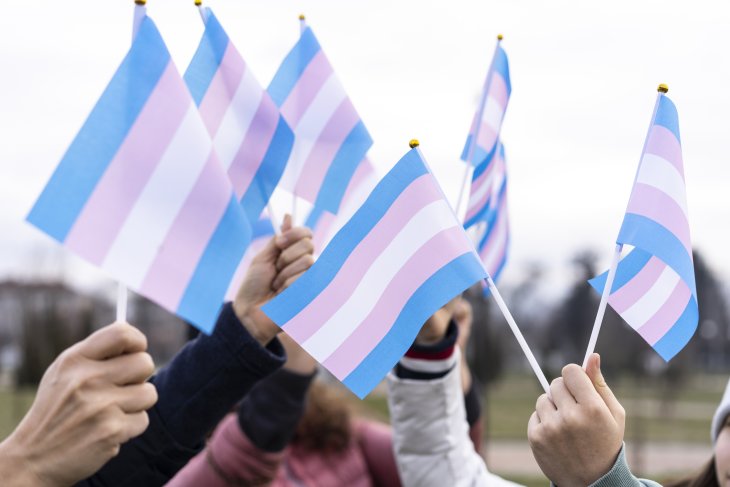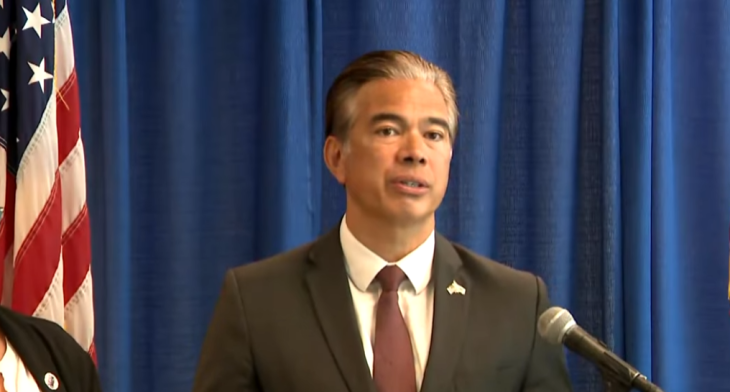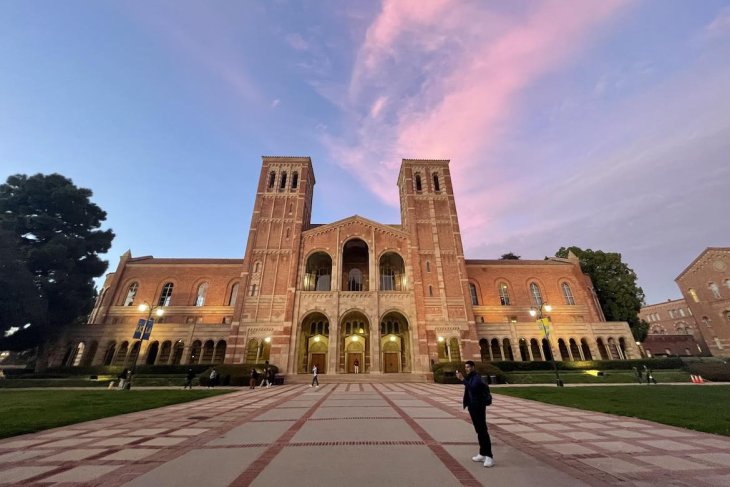Federal Court Finds Dei-Related Grant Cancellations Unlawful; Ruling Restores Funding
Funding for hundreds of medical research projects, including critical studies focused on LGBTQ+ health, must be restored by the National Institutes of Health after a federal judge ruled Monday that the Trump administration’s cuts violated the law.
U.S. District Judge William Young ordered the NIH to reinstate 367 grants that had been eliminated under policies targeting diversity, equity, and inclusion (DEI). Among the affected grants were programs advancing LGBTQ+ health research at institutions such as Harvard University; programs advocates say are vital for addressing longstanding disparities in care.
The decision comes amid mounting legal challenges to efforts that have sought to restrict government support for DEI-related initiatives across public health, education, and research sectors.
“I’ve never seen government racial discrimination like this,” said Judge Young during a courtroom hearing. “I’ve sat on this bench for 40 years. I’ve never seen a record where racial discrimination was so palpable.” He noted that the evidence presented raised concerns about systemic discrimination, including against women and LGBTQ+ individuals.
The lawsuit, brought by researchers in multiple states, argued that the funding cancellations disproportionately targeted projects led by or supporting historically marginalized communities. Attorneys representing the researchers called the NIH’s actions “arbitrary” and politically motivated.
Estimates from the Association of American Medical Colleges show the NIH rescinded nearly $3.8 billion in grants. Massachusetts institutions lost approximately $1.2 billion—more than any other state, while New York lost about $590 million.
In court, Department of Justice attorney Thomas Ports said some of the rescinded grants have been renewed but offered no clear explanation of how DEI or “scientific value” were defined under the Trump-era guidelines.
While the ruling does not yet represent a final verdict in the case, it requires the NIH to resume disbursement of funds for the impacted projects while litigation continues





